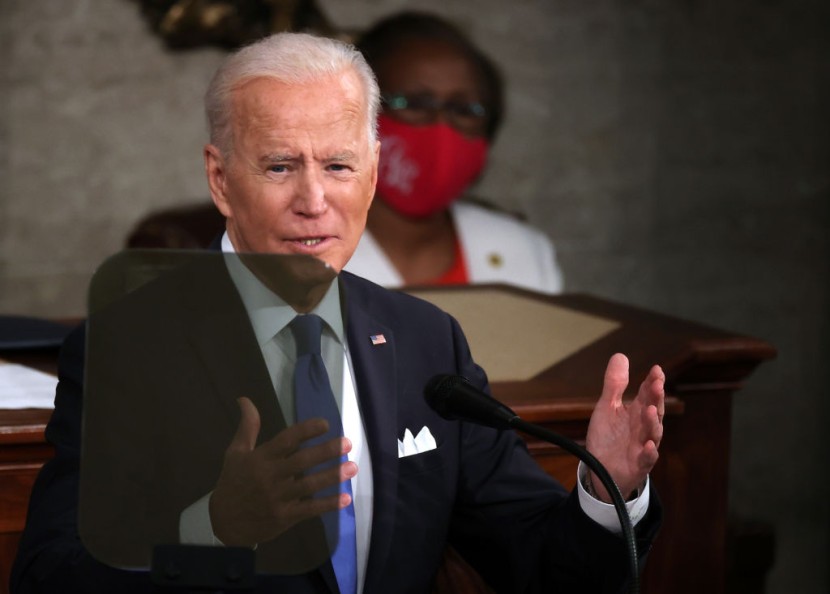
President Joe Biden's bold budget policies will significantly boost federal funding for healthcare and education while still spending trillions more on infrastructure, but this will come from the biggest tax in decades.
Biden Increases the Tax to Fund His Proposed Bills
The New York Times broke the news of the proposed infrastructure plan last week. According to the article, sources familiar with the proposal estimated that it could cost up to $3 trillion based on the measures unveiled by the President.
Insider was informed of the proposal, and according to documents acquired by The New York Times, the program would be divided into two policy pieces. The first one will focus on repairing buildings like highways and bridges. And the second will be another on the care economy, including support for universal pre-K and free community college.
However, three sources familiar with the situation told The Washington Post on Monday that the White House was expected to press for up to $4 trillion in capital investment and up to $3.5 trillion in tax increases.
Different Ways Biden Wants the Wealthiest To Pay $3.5 Trillion
Increasing the Tax of the Wealthy
Mr. Biden suggests increasing the highest tax limit on wages above $400,000 to 39.6%. That was the case before Trump's 2017 tax cut, which reduced the highest rate to 37%. It is perhaps the most talked-about tax increase on the rich that President Biden has suggested, but it generates the least revenue of all of his tax proposals.
However, as with all income taxes, it reflects the so-called marginal limit, which only applies to income above $453,000. Biden's tax increase could save a couple earning $800,000 a year an extra $5,200 in taxes. A couple with a $2 million household income will spend an additional $36,500 per year.
Increasing Corporate Tax
The corporate income tax rate was reduced from a peak rate of 35 percent to a flat 21 percent under Donald Trump's signature tax bill. Biden proposes to increase the corporation tax rate to 28%. He also wants to eliminate some of the tax breaks that U.S. businesses get by paying taxes in other countries and transferring activities there.
The most innovative aspect of Mr. Biden's scheme is that all companies must pay at least 21 percent of their profits in taxes, regardless of their exemptions. Companies may push any of their tax increases on consumers by raising premiums and to employees by lowering salaries or limiting promotions.
Researchers at the University of Pennsylvania's Wharton School of Business believe Mr. Biden's planned corporate tax hikes would stifle salary growth.
Targeting Wealthy for Tax Evasion
A recent analysis by economist Gabriel Zucman and others, including IRS analysts, discovered that tax evasion, especially by the top 1%, is a major driver of missed revenue for the United States.
According to the survey, the top 1% of earners underreport their profits to the IRS by up to 20%. According to the White House, this amounts to $175 billion in missed tax taxes per year.
Biden plans to inject $80 billion into the IRS over ten years so that the department can recruit additional employees to perform investigations and apprehend cheats. His administration still requires banks to have more information on the influx of money into and out of the accounts of their wealthiest customers.
The data could help to reduce tax avoidance, but banks are likely to oppose a clause that would force them to spy on their customers effectively.
Related Article: Joe Biden First Address: Critical Issues That Are Not Discussed
© 2026 HNGN, All rights reserved. Do not reproduce without permission.








